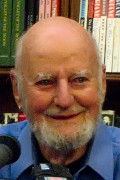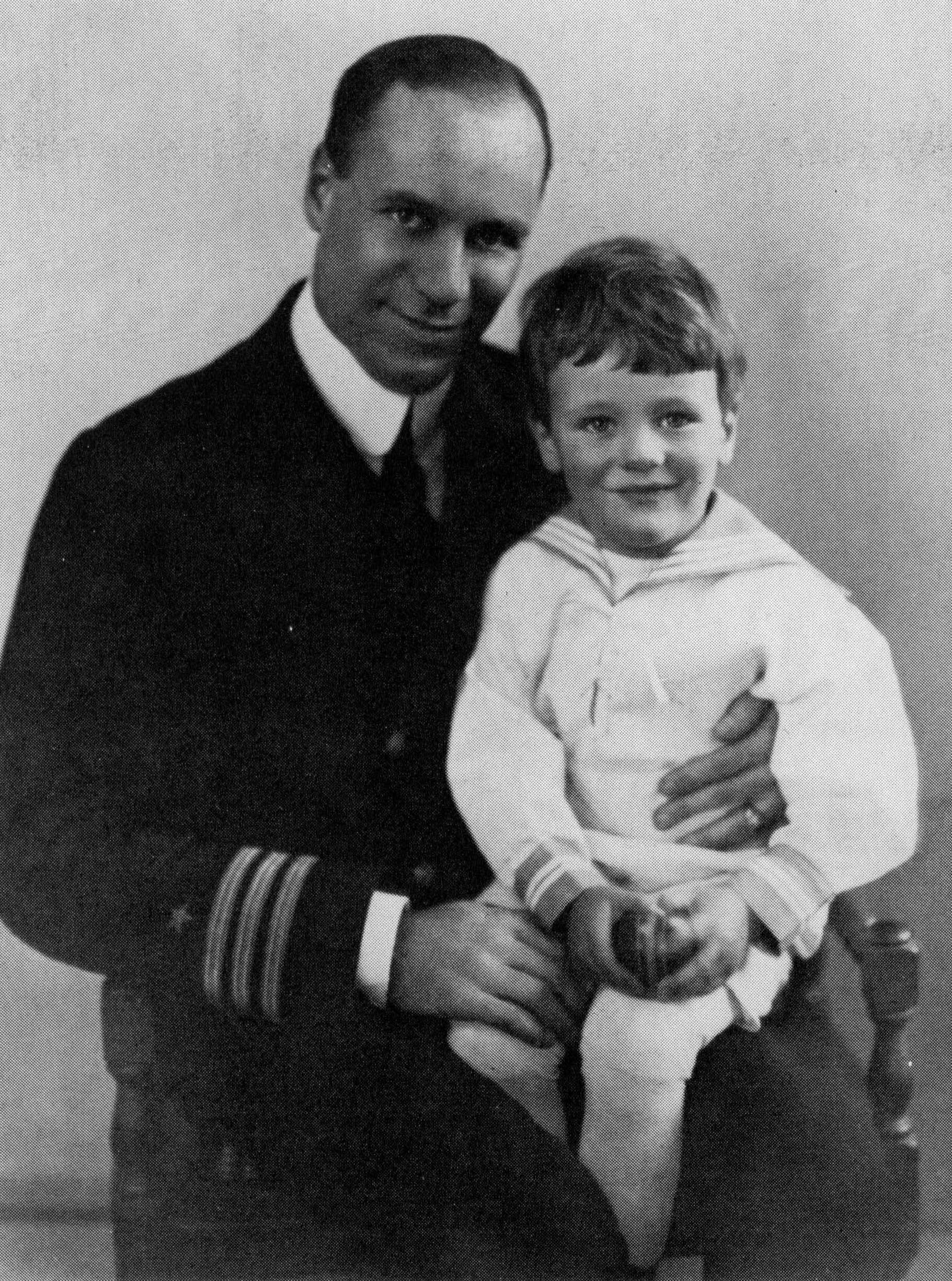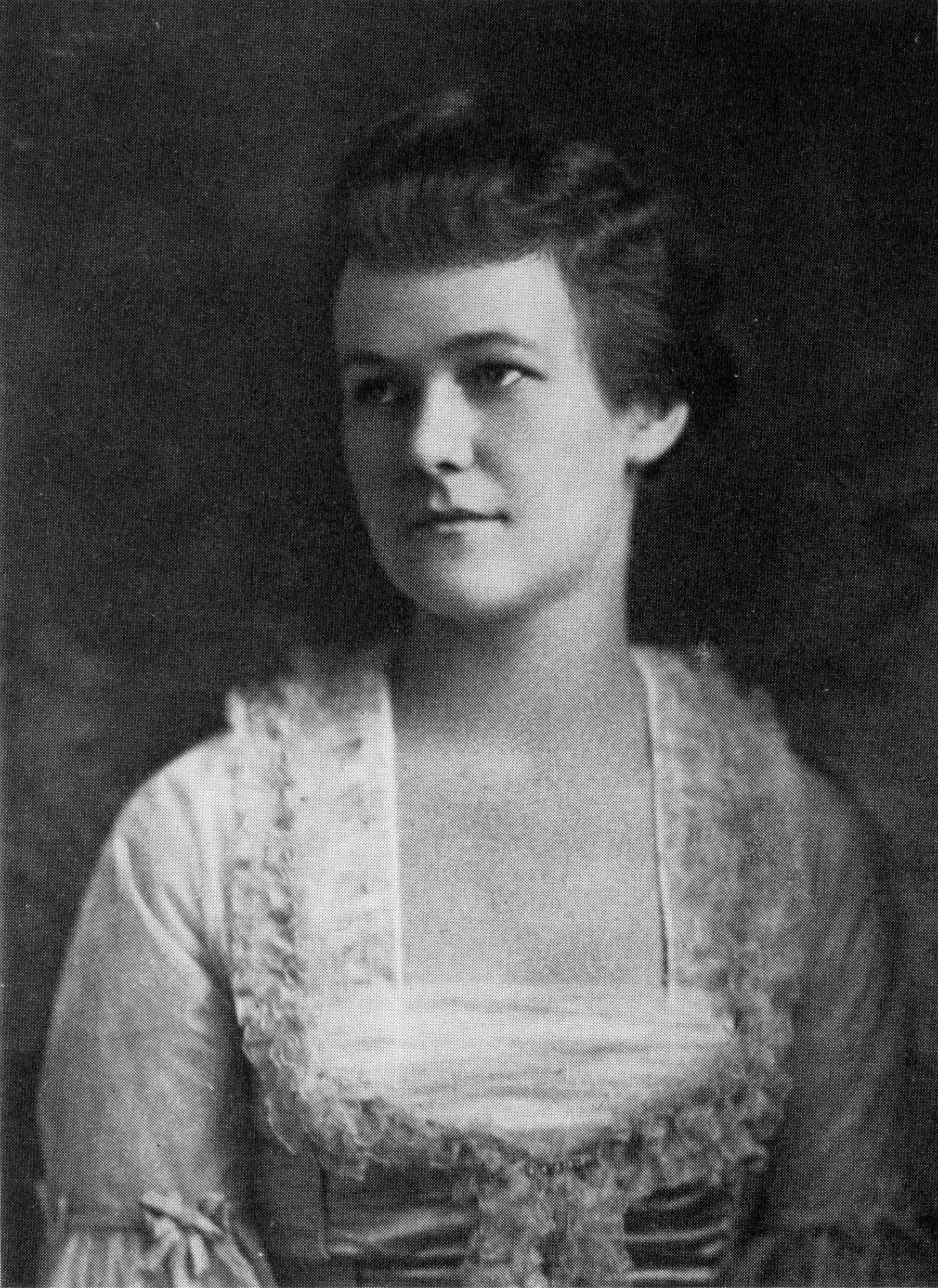|
1959 In Poetry
Nationality words link to articles with information on the nation's poetry or literature (for instance, Irish or France). Events *March – at a dinner celebrating Robert Frost's 85th birthday, the critic Lionel Trilling gives some brief remarks about Frost's poetry and "permanently changed the way people think about his subject", according to critic Adam Kirsch. Trilling says that Frost had been long viewed as a folksy, unobjectionable poet, "an articulate Bald Eagle" who gave readers comfortable truths in traditional meter and New England dialect in such schoolbook favorites such as "Stopping by Woods on a Snowy Evening" and "The Road Not Taken"; but was instead was "a terrifying poet" not so much like Longfellow as Sophocles, "who made plain ... the terrible things of human life." Trilling is severely criticized at the time, but his view will become widely accepted in the following decades. *May 18–24 – Nikita Khrushchev, Soviet Union, head of state, in an extemporaneous s ... [...More Info...] [...Related Items...] OR: [Wikipedia] [Google] [Baidu] |
Irish Poetry
Irish poetry is poetry written by poets from Ireland. It is mainly written in Irish language, Irish and English, though some is in Scottish Gaelic literature, Scottish Gaelic and some in Hiberno-Latin. The complex interplay between the two main traditions, and between both of them and other poetries in English and Scottish Gaelic literature, Scottish Gaelic, has produced a body of work that is both rich in variety and difficult to categorise. The earliest surviving poems in Irish date back to the 6th century, while the first known poems in English from Ireland date to the 14th century. Although there has always been some cross-fertilization between the two language traditions, an English-language poetry that had absorbed themes and models from Irish did not finally emerge until the 19th century. This culminated in the work of the poets of the Irish Literary Revival in the late 19th and early 20th century. Towards the last quarter of the 20th century, modern Irish poetry tended ... [...More Info...] [...Related Items...] OR: [Wikipedia] [Google] [Baidu] |
Beat Generation
The Beat Generation was a literary subculture movement started by a group of authors whose work explored and influenced American culture and politics in the post-war era. The bulk of their work was published and popularized by Silent Generationers in the 1950s, better known as Beatniks. The central elements of Beat culture are the rejection of standard narrative values, making a spiritual quest, the exploration of American and Eastern religions, the rejection of economic materialism, explicit portrayals of the human condition, experimentation with psychedelic drugs, and sexual liberation and exploration. Allen Ginsberg's ''Howl'' (1956), William S. Burroughs' ''Naked Lunch'' (1959), and Jack Kerouac's ''On the Road'' (1957) are among the best known examples of Beat literature.Charters (1992) ''The Portable Beat Reader''. Both ''Howl'' and ''Naked Lunch'' were the focus of obscenity trials that ultimately helped to liberalize publishing in the United States.Ann Charters, ''int ... [...More Info...] [...Related Items...] OR: [Wikipedia] [Google] [Baidu] |
Robert Lowell
Robert Traill Spence Lowell IV (; March 1, 1917 – September 12, 1977) was an American poet. He was born into a Boston Brahmin family that could trace its origins back to the ''Mayflower''. His family, past and present, were important subjects in his poetry. Growing up in Boston also informed his poems, which were frequently set in Boston and the New England region. The literary scholar Paula Hayes believes that Lowell mythologized New England, particularly in his early work. Lowell stated, "The poets who most directly influenced me ... were Allen Tate, Elizabeth Bishop, and William Carlos Williams. An unlikely combination! ... but you can see that Bishop is a sort of bridge between Tate's formalism and Williams's informal art." Lowell wrote in both formal, metered verse as well as free verse; his verse in some poems from ''Life Studies'' and ''Notebook'' fell somewhere in between metered and free verse. After the publication of his 1959 book ''Life Studies'', which won the 1960 ... [...More Info...] [...Related Items...] OR: [Wikipedia] [Google] [Baidu] |
Life Studies
''Life Studies'' is the fourth book of poems by Robert Lowell. Most critics (including Helen Vendler, Steven Gould Axelrod, Adam Kirsch, and others) consider it one of Lowell's most important books, and the Academy of American Poets named it one of their ''Groundbreaking Books.'' Helen Vendler called ''Life Studies'' Lowell's "most original book." It won the National Book Award for Poetry in 1960."National Book Awards – 1960" . Retrieved 2012-02-25. (With acceptance speech by Lowell and essay by Dilruba Ahmed from the Awards 60-year anniversary blog.) Publication ''Life Studies'' was first published i ...[...More Info...] [...Related Items...] OR: [Wikipedia] [Google] [Baidu] |
The Nation
''The Nation'' is an American liberal biweekly magazine that covers political and cultural news, opinion, and analysis. It was founded on July 6, 1865, as a successor to William Lloyd Garrison's '' The Liberator'', an abolitionist newspaper that closed in 1865, after ratification of the Thirteenth Amendment to the United States Constitution. Thereafter, the magazine proceeded to a broader topic, ''The Nation''. An important collaborator of the new magazine was its Literary Editor Wendell Phillips Garrison, son of William. He had at his disposal his father's vast network of contacts. ''The Nation'' is published by its namesake owner, The Nation Company, L.P., at 520 8th Ave New York, NY 10018. It has news bureaus in Washington, D.C., London, and South Africa, with departments covering architecture, art, corporations, defense, environment, films, legal affairs, music, peace and disarmament, poetry, and the United Nations. Circulation peaked at 187,000 in 2006 but dropped to 145,0 ... [...More Info...] [...Related Items...] OR: [Wikipedia] [Google] [Baidu] |
Poetry As Confession
'Poetry as Confession' was an influential article written by M. L. Rosenthal, reviewing the poetry collection ''Life Studies'' by Robert Lowell. The review is credited with being the first application of the term of confession to an approach to the writing of poetry. This led to an entire movement of 20th Century poetry being called 'Confessional poetry'. The review was published in ''The Nation'' on 19 September 1959, and was later collected in Rosenthal's book of selected essays and reviews, ''Our Life In Poetry'' (1991). Some material from the essay was used in an essay Rosenthal published the following year in his book ''The Modern Poets: A Critical Introduction''.Rosenthal, M. L., ''The Modern Poets: A Critical Introduction'' New York: Oxford University Press, 1960 The review opens with a reference to Emily Dickinson and noting the new trend towards confession in poetry: Rosenthal proceeds to compare the current day approach with that of the poets of the Romantic period su ... [...More Info...] [...Related Items...] OR: [Wikipedia] [Google] [Baidu] |
Confessional Poetry
Confessional poetry or "Confessionalism" is a style of poetry that emerged in the United States during the late 1950s and early 1960s. It is sometimes classified as a form of Postmodernism. It has been described as poetry of the personal or "I", focusing on extreme moments of individual experience, the psyche, and personal trauma, including previously and occasionally still taboo matters such as mental illness, sexuality, and suicide, often set in relation to broader social themes.Ousby 1998, pp 89 The confessional poet's engagement with personal experience has been explained by literary critics as an effort to distance oneself from the horrifying social realities of the twentieth century. Events like the Holocaust, the Cold War, and existential threat brought by the proliferation of nuclear weapons had made public matters daunting for both confessional poets and their readers. The confessional poets also worked in opposition to the idealization of domesticity in the 1950s, by rev ... [...More Info...] [...Related Items...] OR: [Wikipedia] [Google] [Baidu] |
Encyclopædia Britannica
The (Latin for "British Encyclopædia") is a general knowledge English-language encyclopaedia. It is published by Encyclopædia Britannica, Inc.; the company has existed since the 18th century, although it has changed ownership various times through the centuries. The encyclopaedia is maintained by about 100 full-time editors and more than 4,000 contributors. The 2010 version of the 15th edition, which spans 32 volumes and 32,640 pages, was the last printed edition. Since 2016, it has been published exclusively as an online encyclopaedia. Printed for 244 years, the ''Britannica'' was the longest running in-print encyclopaedia in the English language. It was first published between 1768 and 1771 in the Scottish capital of Edinburgh, as three volumes. The encyclopaedia grew in size: the second edition was 10 volumes, and by its fourth edition (1801–1810) it had expanded to 20 volumes. Its rising stature as a scholarly work helped recruit eminent con ... [...More Info...] [...Related Items...] OR: [Wikipedia] [Google] [Baidu] |
Harrison M
Harrison may refer to: People * Harrison (name) * Harrison family of Virginia, United States Places In Australia: * Harrison, Australian Capital Territory, suburb in the Canberra district of Gungahlin In Canada: * Inukjuak, Quebec, or "Port Harrison", Nunavik region of northern Quebec, Canada * Harrison Lake, a lake in the Lower Mainland region of British Columbia, Canada ** Harrison Hot Springs, resort village in British Columbia, Canada, located on Harrison Lake ** Harrison River, a tributary of the Fraser River and which is the outlet of Harrison Lake ** Harrison Bay (British Columbia), a side water of the river ** Harrison Mills, British Columbia, a locality and former mill town at the mouth of the Harrison River ** Harrison Knob, a prominent hill and important archaeological site adjacent to the mouth of the Harrison River * Harrison Island (Nunavut), Hudson Bay, Nunavut * Harrison Islands, Gulf of Boothia, Nunavut * Harrison Settlement, Nova Scotia In the Philippi ... [...More Info...] [...Related Items...] OR: [Wikipedia] [Google] [Baidu] |
Beat Poets
Beat, beats or beating may refer to: Common uses * Patrol, or beat, a group of personnel assigned to monitor a specific area ** Beat (police), the territory that a police officer patrols ** Gay beat, an area frequented by gay men * Battery (crime), a criminal offense involving unlawful physical contact * Assault, inflicting physical harm or unwanted physical contact * Corporal punishment, punishment intended to cause physical pain * Strike (attack), repeatedly and violently striking a person or object * Victory, success achieved in personal combat, military operations or in any competition People * Beat (name), a German male given name * Jackie Beat, drag persona of Kent Fuher (born 1963) * Aone Beats (born 1984) Nigerian record producer * Billy Beats (1871-1936) British footballer * Cohen Beats (Michael Cohen, born 1986), Israeli record producer * Eno Beats (Enock Kisakye, born 1991), Ugandan record producer * Laxio Beats (Bernard Antwi-Darko, born 1987), Ghanaian record ... [...More Info...] [...Related Items...] OR: [Wikipedia] [Google] [Baidu] |
Bohemianism
Bohemianism is the practice of an unconventional lifestyle, often in the company of like-minded people and with few permanent ties. It involves musical, artistic, literary, or spiritual pursuits. In this context, bohemians may be wanderers, adventurers, or vagabonds. Bohemian is a 19th-century historical and literary topos that places the milieu of young metropolitan artists and intellectuals—particularly those of the Latin Quarter in Paris—in a context of poverty, hunger, appreciation of friendship, idealization of art and contempt for money. Based on this topos, the most diverse real-world subcultures are often referred to as "bohemian" in a figurative sense, especially (but by no means exclusively) if they show traits of a precariat. This use of the word in the English language was imported from French ''La bohème'' in the mid-19th century and was used to describe the non-traditional lifestyles of artists, writers, journalists, musicians, and actors in major European c ... [...More Info...] [...Related Items...] OR: [Wikipedia] [Google] [Baidu] |
Hancock's Half Hour
''Hancock's Half Hour'' was a BBC radio comedy, and later television comedy series, broadcast from 1954 to 1961 and written by Galton and Simpson, Ray Galton and Alan Simpson. The series starred Tony Hancock, with Sid James, Sidney James; the radio version also co-starred, at various times, Moira Lister, Andrée Melly, Hattie Jacques, Bill Kerr and Kenneth Williams. The final television series, renamed simply ''Hancock'', starred Hancock alone. Comedian Tony Hancock starred in the show, playing an exaggerated and much poorer version of his own character and lifestyle, Anthony Aloysius St John Hancock, a down-at-heel comedian living at the dilapidated 23 Railway Cuttings in Cheam, East Cheam. The series was influential in the development of the Sitcom, situation comedy, with its move away from radio variety towards a focus on character development. The radio version was produced by Dennis Main Wilson for most of its run. After Main Wilson departed for his television career, his ... [...More Info...] [...Related Items...] OR: [Wikipedia] [Google] [Baidu] |






.jpg)